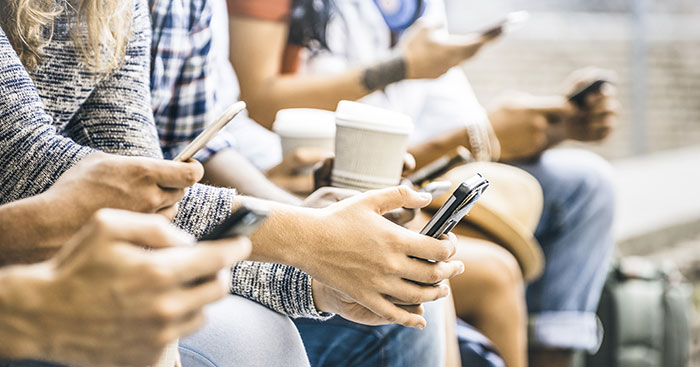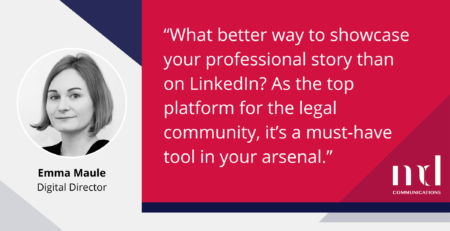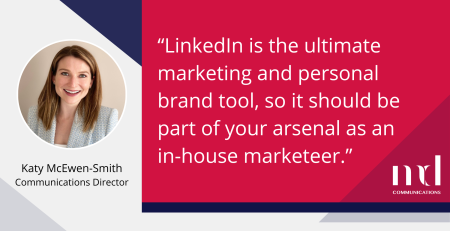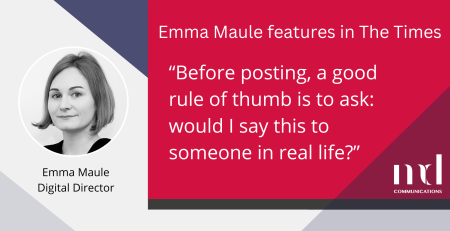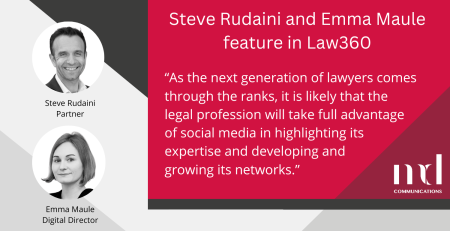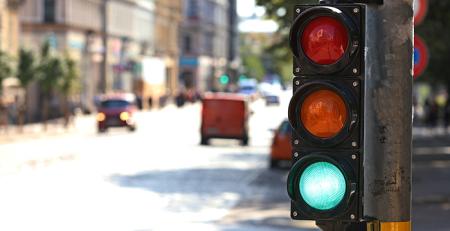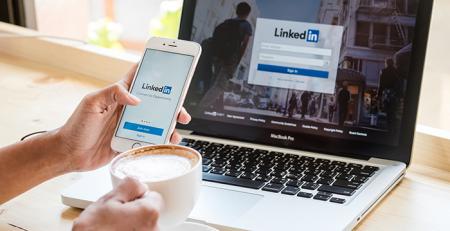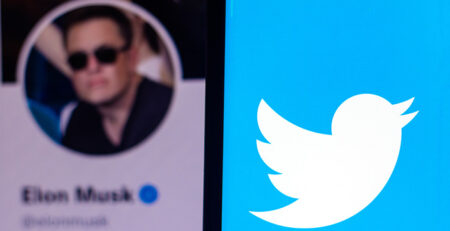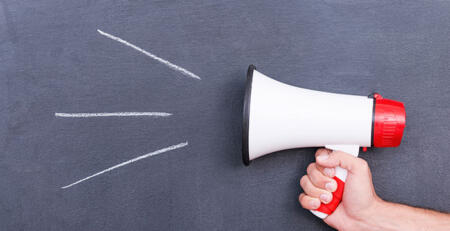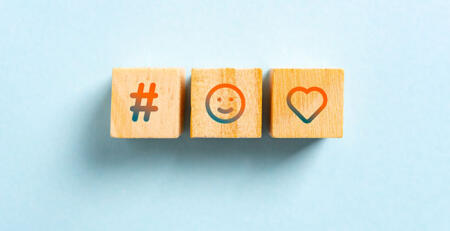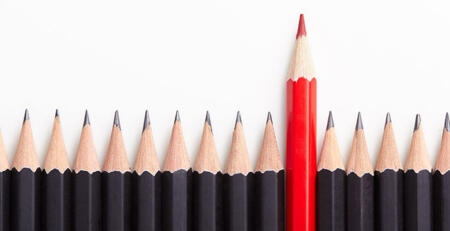Thinking of tweeting? Another quick LinkedIn post? Maybe just a quick check of Insta? Well, perhaps think again. Our founder Melissa Davis looks at how a recent documentary on the impact of social media should have us all questioning how good social media is for us.
This may seem an odd blog to write after I’ve just spent the whole of the last week pinning tweets, drafting comments and trying to get as many as possible to engage and donate to a charity campaign via the medium of social media with a video that includes actor and comedian Sally Phillips… however that’s not my ‘normal’ social media use.
It’s another comedian, David Baddiel, who has been a part of many of our comedy lives for what seems like decades now who has been questioning our addiction to social media lately. From The Mary Whitehouse Experience with Rob Newman (‘that’s you, that is’) to Baddiel and Skinner, forever remembered for Three Lions and Euro 96.
However, now he’s become part of our lives for another reason. His hard-hitting and thought-provoking look at how social media has also become part of our lives. And a big part of his life. And everyone’s life. I think you get the point …
You also get the point from the programme’s title: Social Media: Anger and Us. It doesn’t leave much to the imagination, does it?
Nor did the programme. It starts with a family who have chosen to become Tik Tok stars and end up having their car firebombed on their drive – the culmination of abuse they’d received online.
Baddiel himself is a self-confessed social media addict. At one stage, he has his reactions to negative and positive replies to his tweets monitored while his brain is scanned.
You can’t help asking the question at various stages – why do we do this to ourselves?
Striking a balance
It seems appropriate to end the year talking about this as I started the year on the same subject. That asked the question of whether social media was a force for good or evil. The charity campaign this week clearly sits on the side of good. Clearly, I didn’t change the world with that blog. I’ll have to try harder!
But Baddiel’s work did make me think. Are we all getting angrier? And is the increasing amount of time we spend on social media – and how it makes us communicate – contributing to that?
It matters in our personal lives and also in our business lives. We’ve already had to learn the lessons – sometimes harsh ones – about how a simple email can cause a response we never expected.
Well, social media, and Twitter in particular – Anger and Us majored on Twitter, as that’s Baddiel’s social media addiction of choice – takes that slight awkwardness of email and amplifies it a thousand-fold.
I’m sure most of us have posted something on a social media platform only to get a blast back from someone we’ve never met, who we didn’t even know could see what we said and who seems to have gone from ‘hello’ to ‘I hate you’ in the space of a second.
It’s never pleasant. I doubt it ever will be. But social media removes the filter from many people and – if we’re honest – sometimes from ourselves as well.
We have a choice
Keyboard warriors are quite evidently on the increase. Simple fact. It’s easier to abuse someone in cyber space when they’re 3,000 miles away than it is to say it to their face. And more and more people seem to enjoy doing that.
For those checking in with themselves and thinking ‘yes, that’s me, I sometimes do that’ then perhaps the Christmas break provides an opportunity for a break from social media too.
But, while keyboard warriors have a choice to behave like that, so do the rest of us.
There’s no rule that says you have to pick up your phone every five minutes and check your feed. There’s no edict that says you have to look every time someone replies to a tweet or a post. It’s your choice.
It’s also our choice to ignore difficult replies when we see them. Social media is a great thing but it also drives division. It becomes increasingly tribal the longer replies and counter-replies run. Again, we don’t have to engage or even read those.
Back to the programme. As David Baddiel’s brain was scanned, it showed that positive responses drew a happier response from him.
No prizes for guessing what comes next though. Negative posts drew a fight or flight response from him – and there’s the issue.
Too many times people choose to fight. To snap back a reply at someone who’s snapped at them. And it escalates from there. That’s where the anger builds in everyone including, if we’re honest, in ourselves at times. Sometimes over things we didn’t have a strong opinion on earlier in the day.
A new start
So, my commitment to myself next year is to take breaks from social media more often. To be more mindful and to walk away, perhaps even literally round the block, when it all just feels too negative and angry.
Social media is a fantastic medium and we spend a lot of time helping people and businesses to use it to best effect. We have raised thousands of pounds as I write this week for two amazing charities because of it. We’ll keep on doing that. It’s here to stay and it’s getting bigger all the time.
But when something is such a big part of life, we have to decide how big we allow it to be. Like David Baddiel, from now on I’m going to keep a close eye on that.
Perhaps we can all do it. Starting this Christmas. A little less social media conversation, a little more interaction, as a rather famous American singer once (almost) said.
Have a great Christmas. Enjoy your time with those closest to you. Stay safe. And enjoy your social media – just perhaps a little less of it.
You see that person over there, the one who just put their phone away and had a chat with someone? That’s you, that is. (copyright, David Baddiel and Rob Newman, 1990s).


